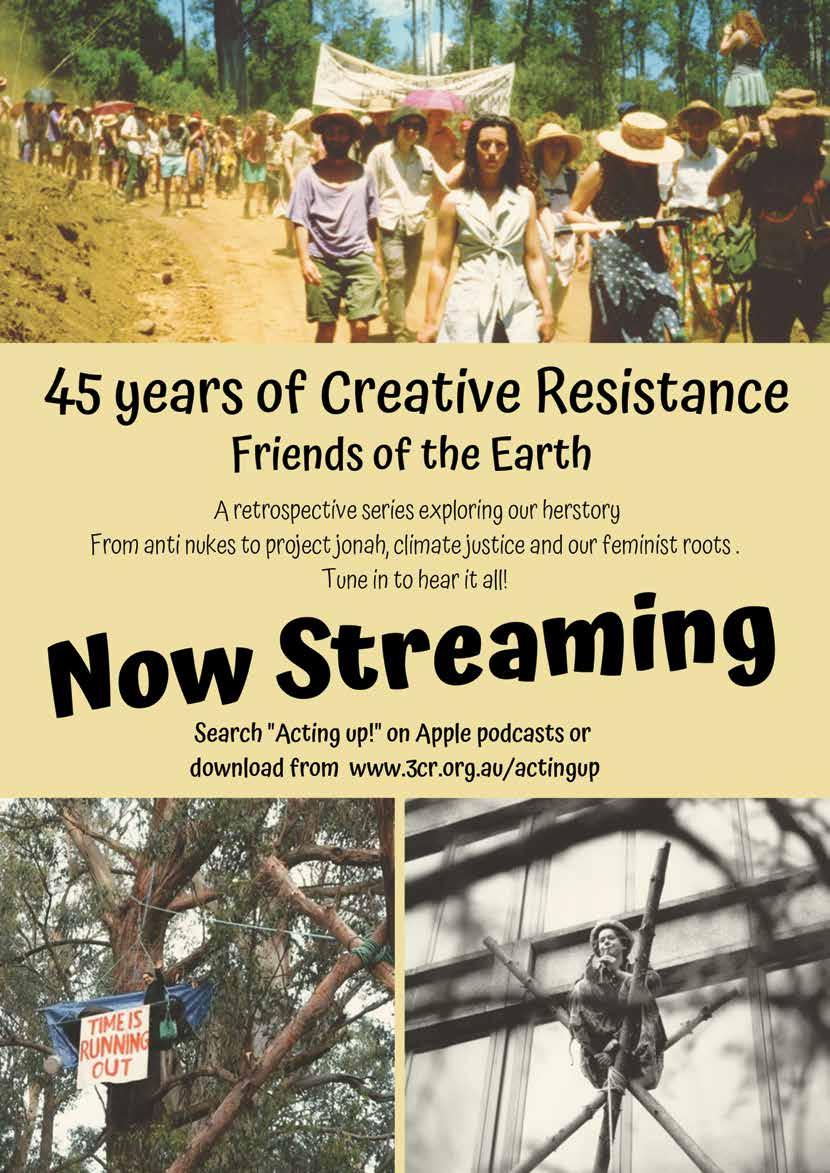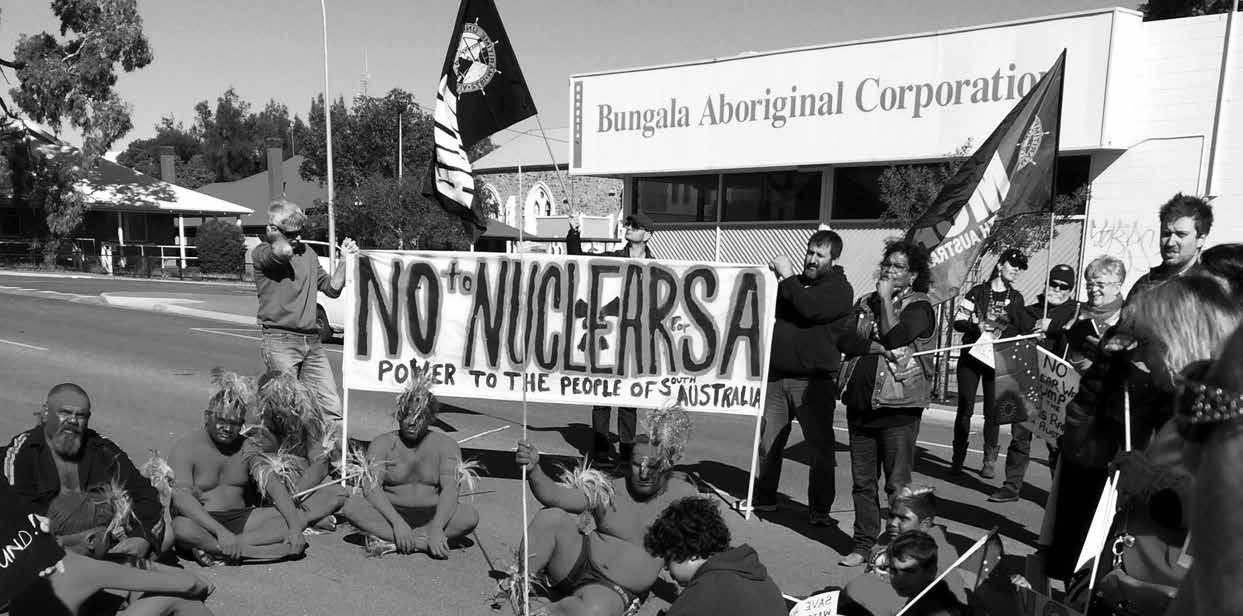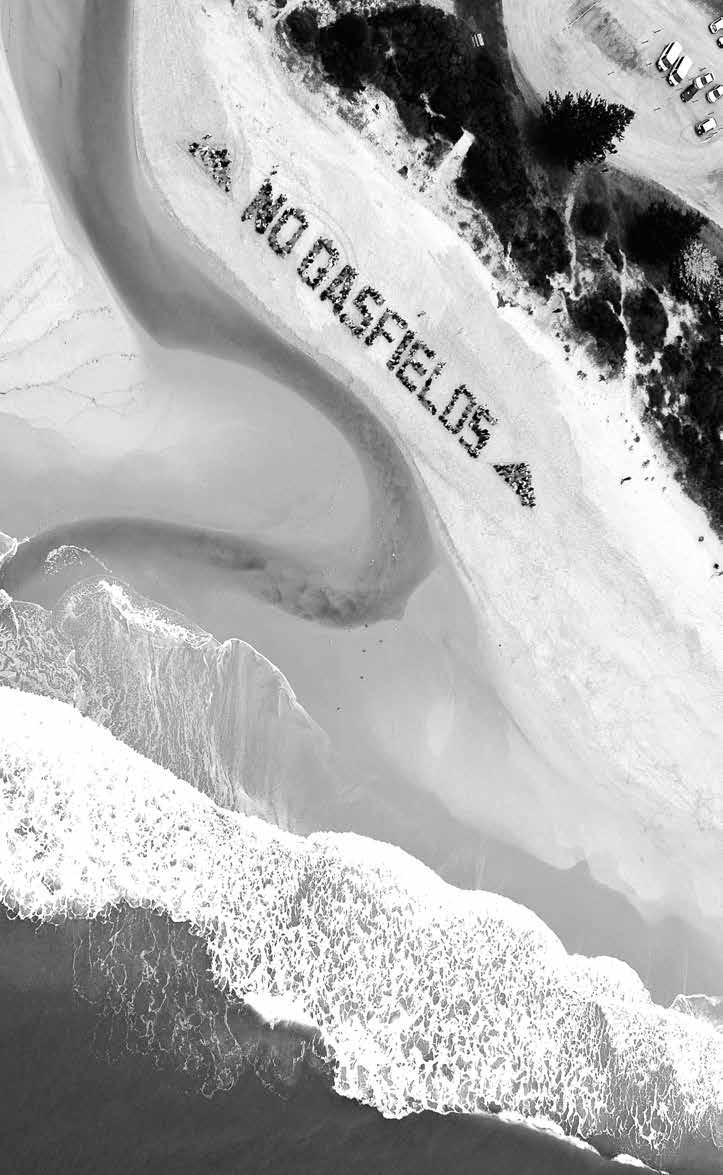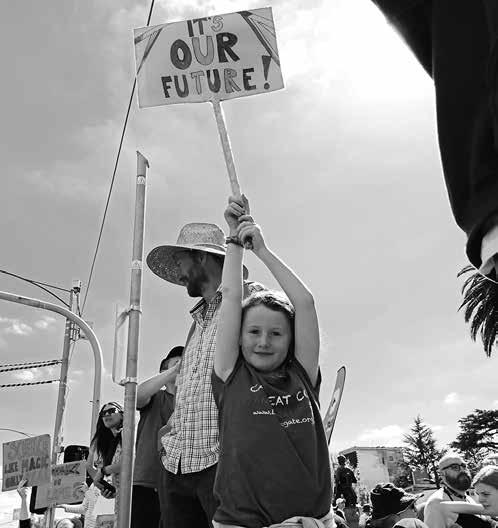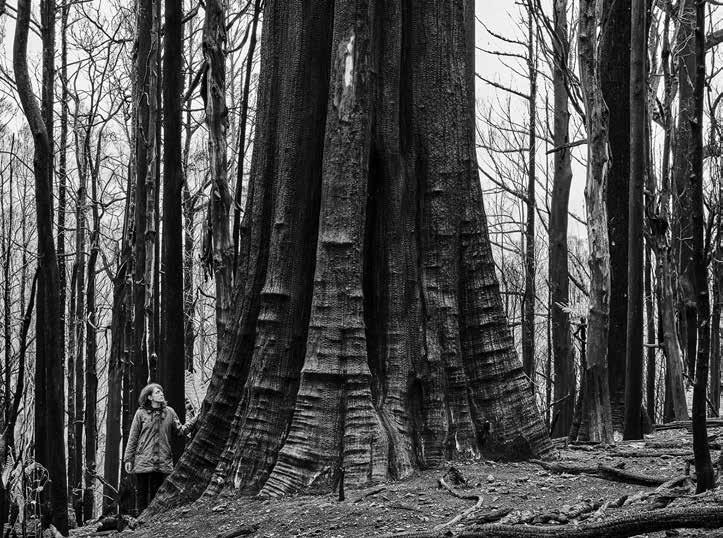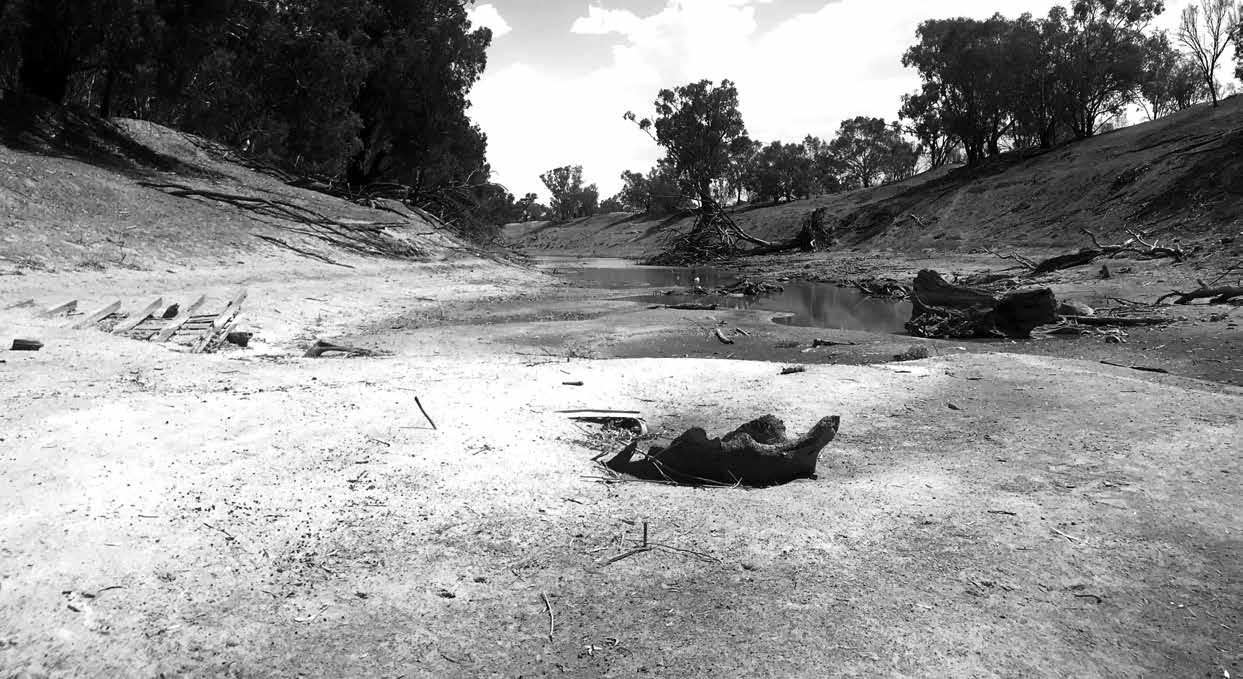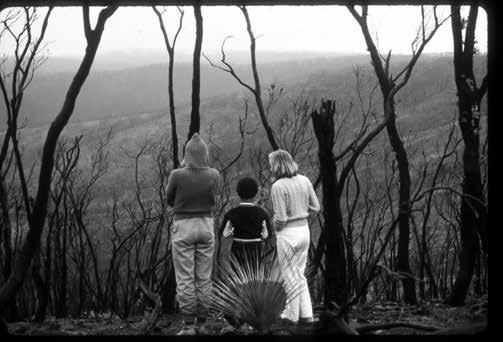started in September. Between then and the first month of 2020, vast areas of forest in New South Wales, eastern Victoria, Kangaroo Island and the Australian Capital Territory went up in flames. The fires destroyed more than 3,000 homes and directly killed 33 people. Indirectly, the most hazardous air quality in living memory created major but poorly known health impacts. The fires also damaged the reliability of drinking water supplies.2 The ecological damage was also profound. Fires raged through ecosystems poorly adapted to fire, from rainforests in tropical Queensland to alpine vegetation in Tasmania and the Snowy Mountains of NSW. It remains to be seen whether they can recover. Across NSW, 35% of rainforests were turned to cinders. About 191 species of animals and plants saw more than one-third of their living area burnt, among them 52 species that were already threatened.3 Thankfully, the last remaining stands of the prehistoric Wollemi pine and the rare Nightcap Oak were saved. Even before the fires, 40 plant and animal species were added to the threatened list in 2019, bringing the total to 1890. Following the fires, more species are likely to be added in 2020.
We’re not doomed yet Last year was neither an outlier nor the “new normal” – it will get worse. Greenhouse gas concentrations continued to increase rapidly in 2019, causing the temperature of the atmosphere and oceans to soar. Australia’s population also continued to grow quickly and with it, greenhouse gases emissions and other pollution, and our demand for land to build, mine and farm on. Whether we want to hear it or not, last year represented another step towards an ever-more dismal future, unless we take serious action. The current coronavirus pandemic shows that as individuals, and collectively, we can take dramatic action once we acknowledge the urgency of a threat. By comparison, addressing environmental decline will cost less, whereas the long-term costs of not acting will be far greater. There is much we can do. In the short term, we can help our natural ecosystems recover from the drought and fires. Government agencies and land owners can cull and manage invasive species in fire-affected areas – from weeds, to foxes, cats and feral horses – and stop damaging logging in fire-affected areas. Individuals can do their bit. We can donate money or time to organisations committed to helping ecosystems recover.4 Record what you see on bushwalks to help environmental managers monitor and assist ecological recovery.5 But the damage of climate change is not limited to natural environments. We must get serious
World leaders urged to ‘step back from precipice’ of ecological ruin February 2020 – Humanity’s ongoing destruction of nature threatens the survival of our species, a group of former foreign ministers has warned, calling on leaders to step back from “the precipice” of irreversible ecological ruin and protect the planet. The planet’s rapidly warming oceans must be the focus of increased conservation efforts due to their importance in producing oxygen and food for billions of people, the former ministers added. In a statement signed by 23 diplomats – including former US secretary of state Madeleine Albright and former British foreign secretary Sir Malcolm Rifkind – world leaders are urged to back the draft UN agreement to protect almost a third of the world’s oceans and land. “The loss and degradation of nature jeopardises human health, livelihoods, safety and prosperity. It disproportionately harms our poorest communities while undermining our ability to meet a broad range of targets set by the UN’s sustainable development goals,” reads the statement, which was released through non-profit thinktank Aspen Institute. The former ministers highlighted the climate crisis, the “excessive exploitation” of natural resources, and ecosystem degradation as grave threats to international security, warning they “imperil the future for our grandchildren”. “Humanity sits on the precipice of irreversible loss of biodiversity and a climate crisis that imperils the future for our grandchildren and generations to come. The world must act boldly, and it must act now,” the statement continues. “The marine environment deserves special attention, as it covers 70% of our planet, and even people who live far inland depend on the ocean to produce half of the oxygen we breathe, to serve as the primary source of protein for over 3 billion people, and to help maintain a liveable climate,” the statement continues. Abridged from The Guardian, www.theguardian.com/ environment/2020/feb/18/world-leaders-urged-to-step-back-fromprecipice-of-ecological-ruin-aoe about curbing greenhouse emissions. Humanity has the tools, technology and ingenuity to do it and Australia, one of the countries worst affected by climate change, should lead the world. Beyond that, individuals can also make a contribution: recycle and reuse rather than buy new, choose low-emission and renewable energy technology and reduce waste – it can save money even now. Let governments and politicians hear your voice. Try to convince friends and family that things need to change. In the long term, we must find a more balanced relationship with the natural world, understanding that our own survival will depend on it. The findings and data from the ‘Australia’s Environment in 2019’ report, along with an interactive map, are posted at www.wenfo.org/ aer. The report is produced by the Australian National University. Reprinted from The Conversation: https:// theconversation.com/a-major-scorecard-givesthe-health-of-australias-environment-less-than1-out-of-10-133444
References: 1. www.bnhcrc.com.au/hazardnotes/63 2. https://theconversation.com/bushfires-threaten-drinking-water-safety-the-consequences-could-last-for-decades-129353 3. www.environment.gov.au/biodiversity/bushfire-recovery/research-and-resources 4. www.ecolsoc.org.au/news/2020/01/esa-bushfire-response 5. www.inaturalist.org/projects/environment-recovery-project-australian-bushfires-2019-2020
www.foe.org.au
Chain Reaction #138
May 2020
43


